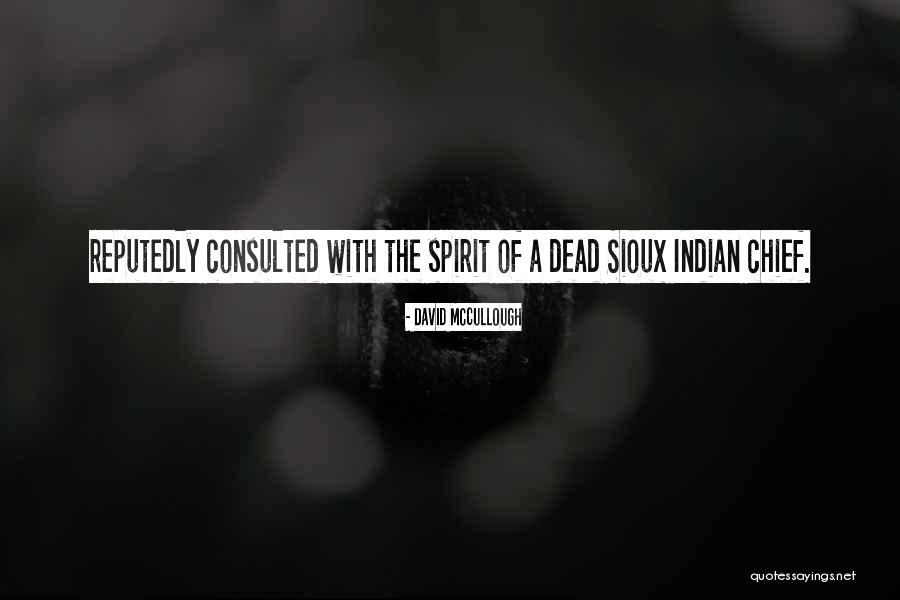Sioux Indian Quotes & Sayings
Enjoy reading and share 5 famous quotes about Sioux Indian with everyone.
Top Sioux Indian Quotes
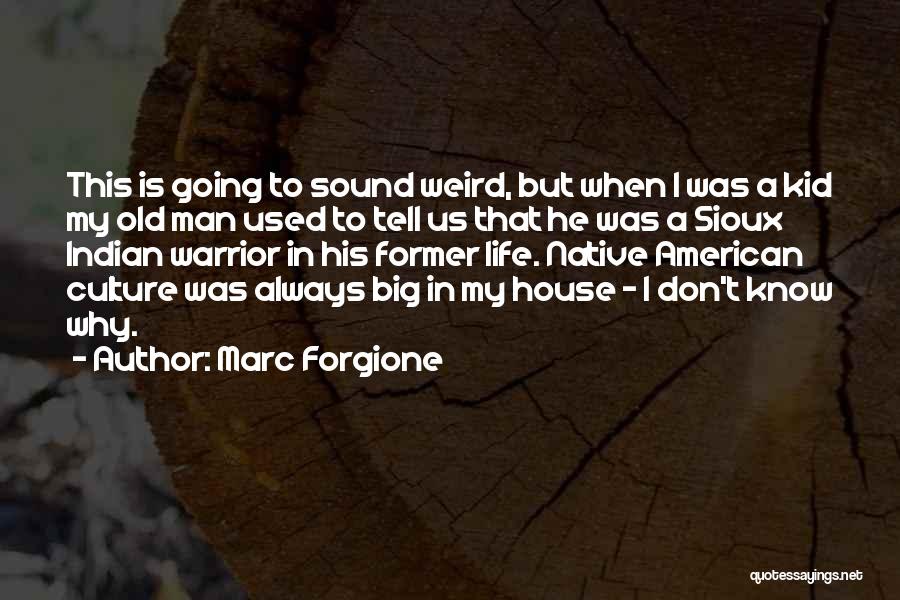
This is going to sound weird, but when I was a kid my old man used to tell us that he was a Sioux Indian warrior in his former life. Native American culture was always big in my house - I don't know why. — Marc Forgione
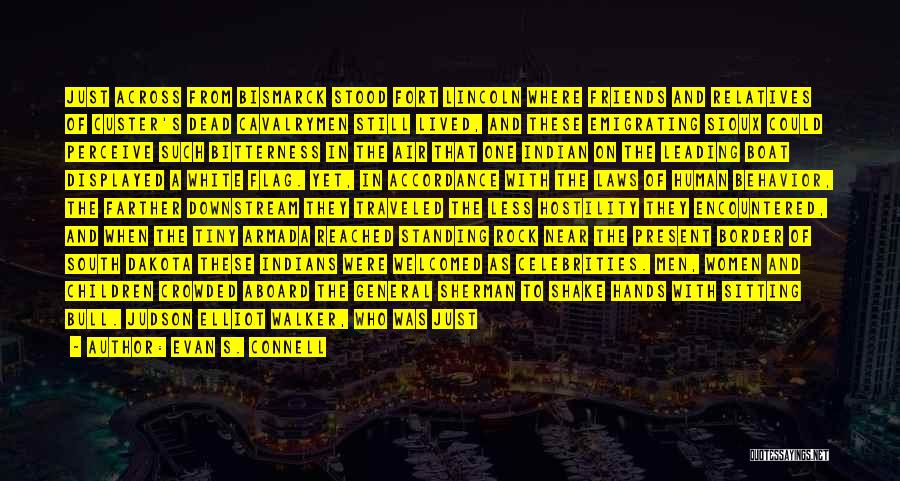
Just across from Bismarck stood Fort Lincoln where friends and relatives of Custer's dead cavalrymen still lived, and these emigrating Sioux could perceive such bitterness in the air that one Indian on the leading boat displayed a white flag. Yet, in accordance with the laws of human behavior, the farther downstream they traveled the less hostility they encountered, and when the tiny armada reached Standing Rock near the present border of South Dakota these Indians were welcomed as celebrities. Men, women and children crowded aboard the General Sherman to shake hands with Sitting Bull. Judson Elliot Walker, who was just then finishing a book on Custer's campaigns, had to stand on a chair to catch a glimpse of the medicine man and reports that he was wearing "green wire goggles." No details are provided, so green wire goggles must have been a familiar sight in those days. Sitting Bull mobbed by fans while wearing green wire goggles. It sounds like Hollywood. — Evan S. Connell
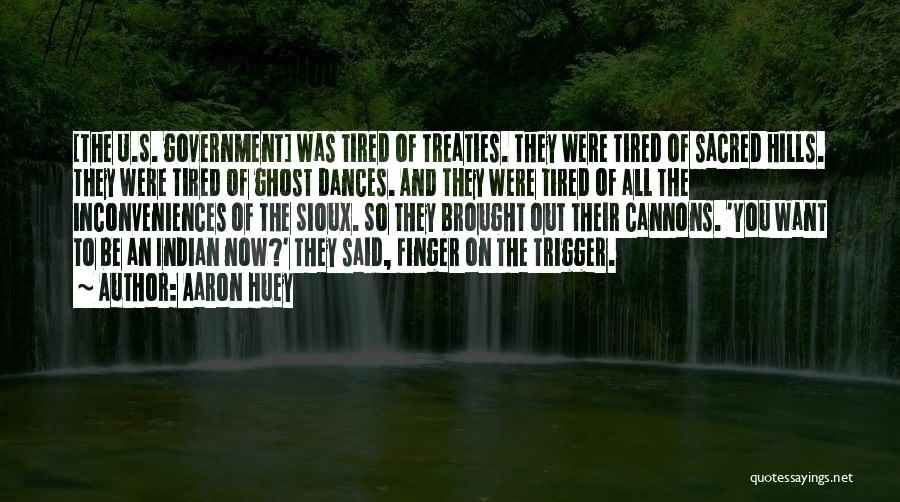
[The U.S. government] was tired of treaties. They were tired of sacred hills. They were tired of ghost dances. And they were tired of all the inconveniences of the Sioux. So they brought out their cannons. 'You want to be an Indian now?' they said, finger on the trigger. — Aaron Huey
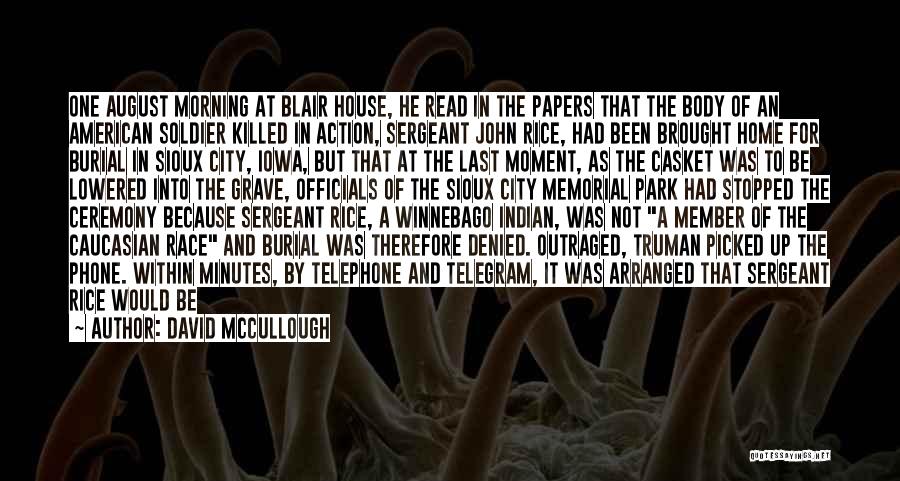
One August morning at Blair House, he read in the papers that the body of an American soldier killed in action, Sergeant John Rice, had been brought home for burial in Sioux City, Iowa, but that at the last moment, as the casket was to be lowered into the grave, officials of the Sioux City Memorial Park had stopped the ceremony because Sergeant Rice, a Winnebago Indian, was not "a member of the Caucasian race" and burial was therefore denied. Outraged, Truman picked up the phone. Within minutes, by telephone and telegram, it was arranged that Sergeant Rice would be buried in Arlington National Cemetery with full military honors and that an Air Force plane was on the way to bring his widow and three children to Washington. That, as President, was the least he could do. — David McCullough






